The Situation
About one-quarter of the population in Haiti has access to electricity. The national power utility, Electricité d’Haïti (EdH), operates one power transmission and distribution grid that serves the Port-au-Prince metropolitan area, and a number of smaller mini-grids in other areas of the country. EdH’s power supply to homes is intermittent and unreliable. Extended outages are common, illegal connections are prevalent, and unpaid electricity bills go unnoticed. Pervasive electricity theft causes commercial losses and crippling revenue shortfalls for EdH, which in turn aggravates the already poor service and limits the hours of power supply. This situation has become normal with no visible solution.
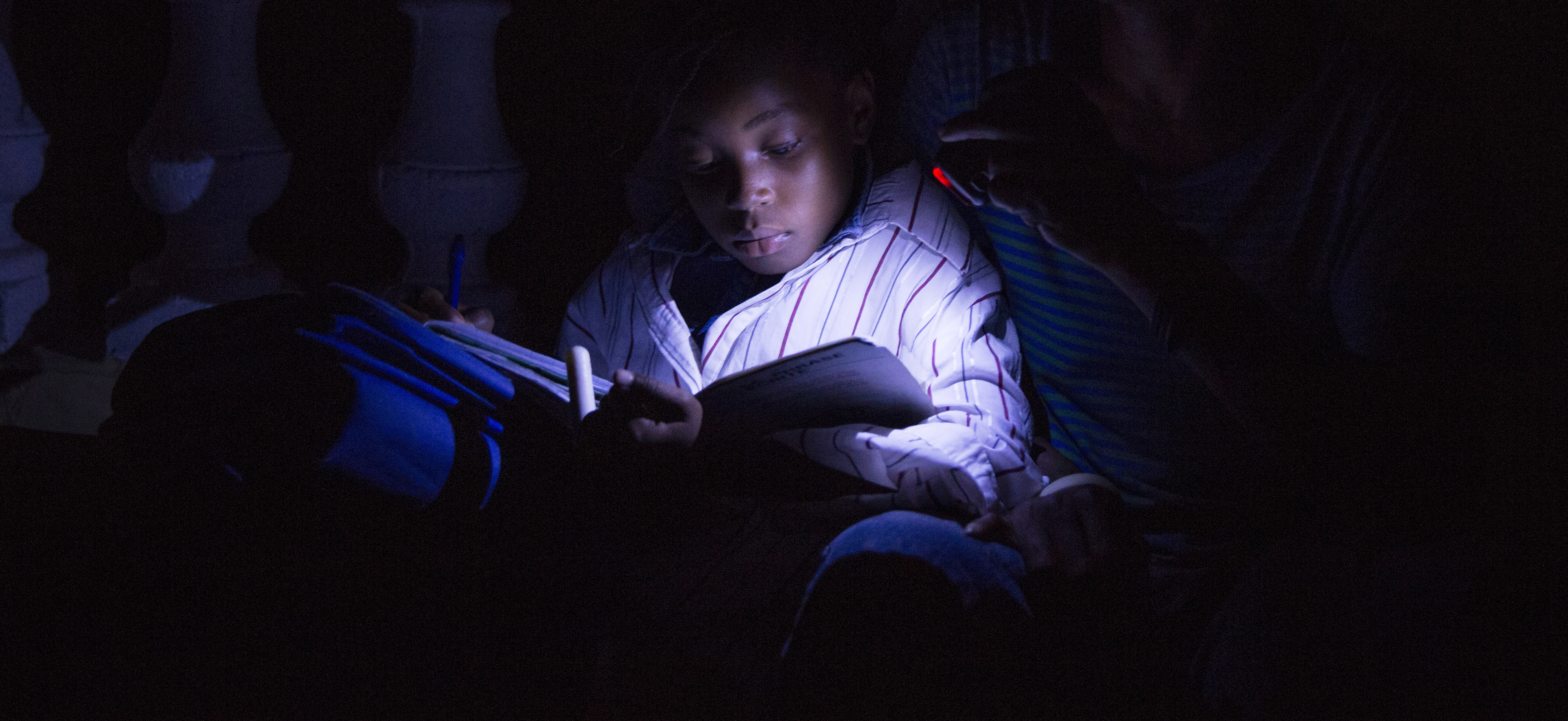
Pilot Project for Sustainable Electricity Distribution
Funded by: The U.S. Agency for International Development
Operated by: NRECA International. It is the only power utility in the country providing reliable electric service 24 hours per day, 7 days a week.
Power source: 10MW HFO-diesel
Reach: 60,000 Haitians
The Context
When PPSELD began its operations, commercial losses were high due to a legacy culture of power theft and unpaid bills. An electricity loss reduction program was implemented in January 2017 to address the following challenges:
- An ingrained culture of power theft with no consequences.
- A common belief that electricity should be a free public service provided by the government.This was exacerbated by local politicians who reinforce these beliefs by wrongly offering free electricity to their constituents.
- Lack of a legal framework to penalize consumers who steal power.
- Safety for PPSELD inspection crews dispatched to disconnect illegal connections.
The Challenge
Many PPSELD customers had become accustomed to refusing to pay electricity bills or stealing power. To reduce the commercial losses and achieve a financially sustainable operations, the PPSELD team needed to:
- Educate customers that PPSELD is a non-government power utility, and collecting revenue is necessary to offer affordable, reliable 24/7 electricity service.
- Educate the community on the importance of paying bills on time, and why stealing electricity negatively impacts everyone.
- Conduct daily inspections of the power distribution network, home connections and meters.
- Systematically disconnect illegal connections and customers who fail to pay electricity bills.
- Repeat all of the above consistently, until people respond accordingly. These are still ongoing tasks.
The Solution
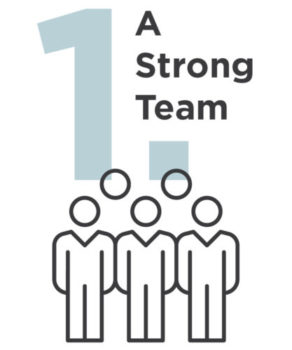
- Consistently implement creative solutions in tough situations.
- The willingness and resolve to do things the right way in tough environments.
- A consistent review for weaknesses in quality control and supervision.
- The ability to analyze and identify new ways to detect electricity theft or fraud.
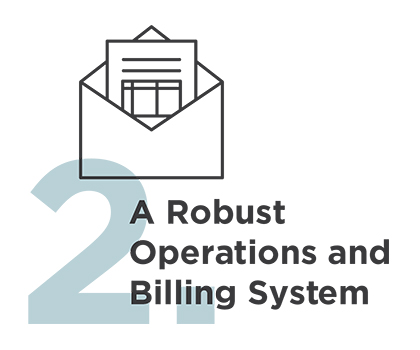
- A monthly review of electricity loss data from more than 300 distribution transformers.
- Inspections of high losses areas by the PPSELD crews.
- A regular audit of the billing system is conducted to ensure data and billing accuracy. Critical to gain customer trust and confidence.
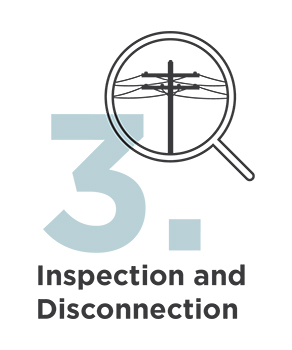
- Daily inspection of the power distribution network, household connections and meters in every town.
- Immediate disconnections of illegal connections and meter tampering.
- Violators are charged significantly when theft is detected and if they fail to pay bills on time.
For safety reasons, inspections are only performed during the day. When necessary, law enforcement authorities accompany inspection crews for added security. In some cases, violators are prosecuted and found guilty by local judges and sent to jail, sending a strong message to the community.

Decades of unchecked power theft and unreliable electricity service made it necessary for the PPSELD team to educate the community about why it’s important to pay for electricity. A community outreach and education campaign was designed to include:
- Door-to-door visits
- Community meetings
- Radio announcements
- Distributed pamphlets or flyers
The team wanted the community to:
- Understand how PPSELD operates.
- Understand how money collected from paid bills is used.
- Understand how stealing power will increase the cost of electricity.
- Know the benefits of having 24/7 electricity.
- Know how to use electricity productively.
The Outcome
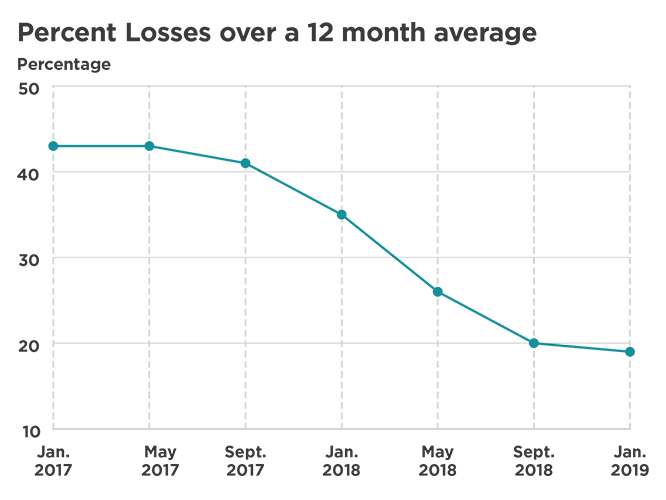
As result of all of the robust loss reduction program that began in January 2017, the NRECA International/ PPSELD team:
- Reduced electricity losses from an average loss level of 46% to 18%.
- Recovered 20,000 MWh = saving 1,260,000 gallons of HFO.
- Achieved 5,800 MWh in new sales = US$1.75 million in additional revenues for PPSELD between 2017 and October 2020.
The Future
The loss reduction program implemented by the PPSELD team is an ongoing process, and it must continue to achieve low losses. The program has demonstrated to the community that it is possible to operate privately-owned power utilities in Haiti with high levels of revenue recovery. However, to support this, further investment is needed to put a new regulatory legal framework in place stating among other technical aspects, that it is illegal to steal electricity, and violators will be punished.